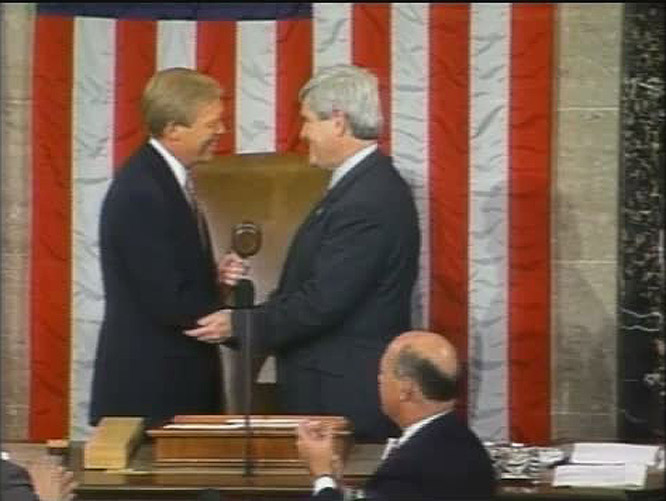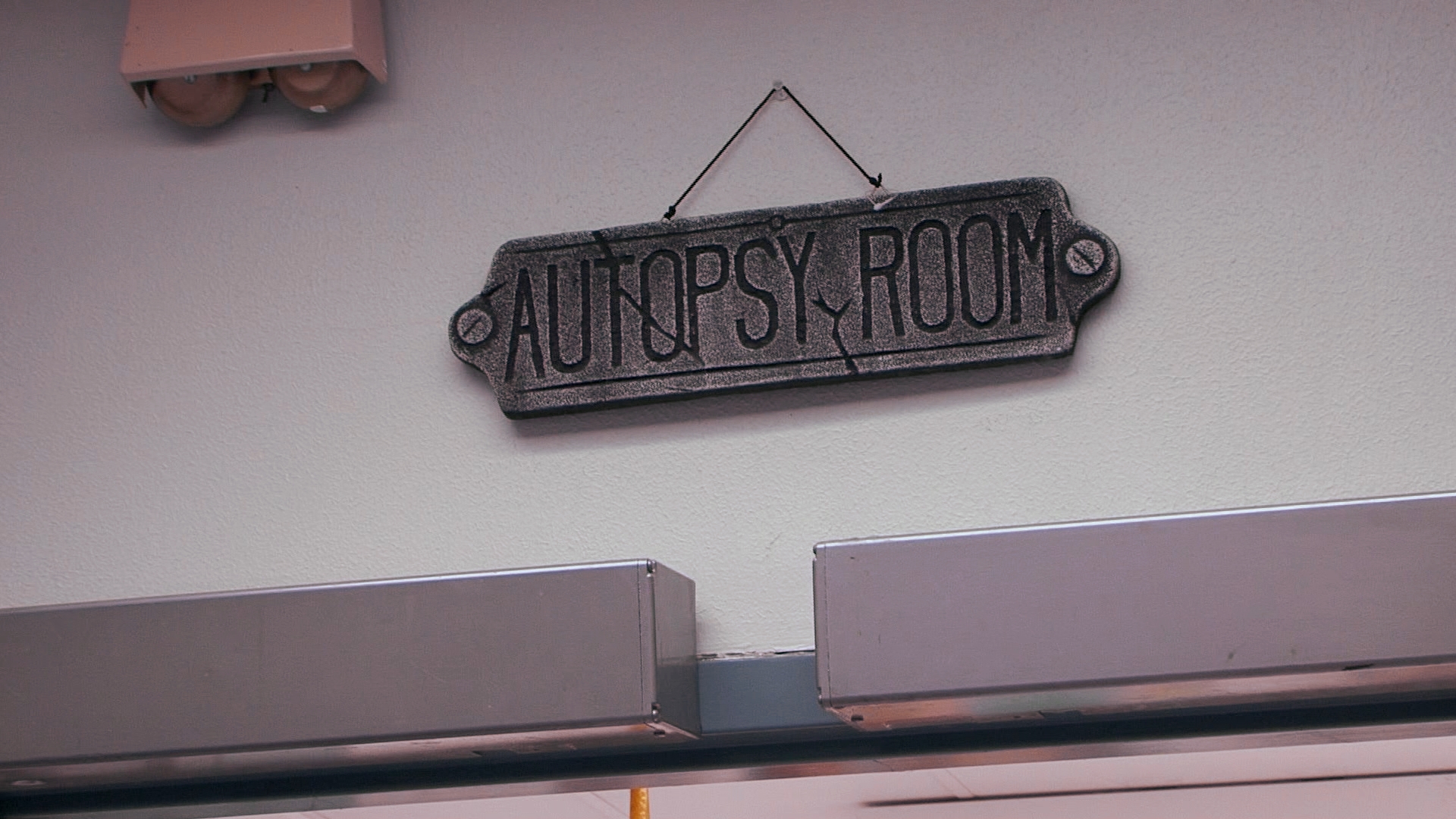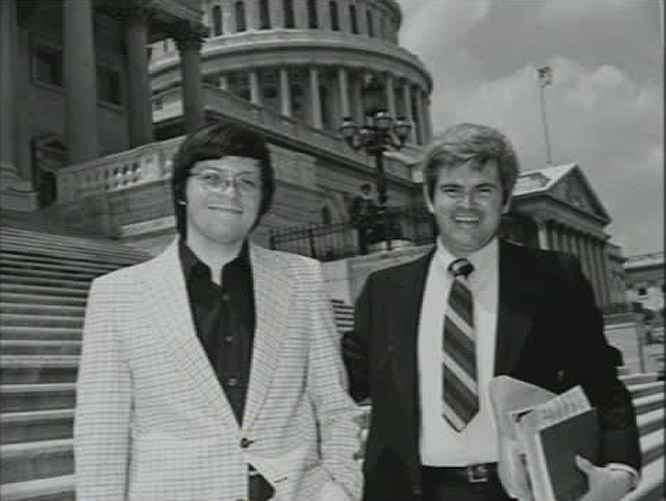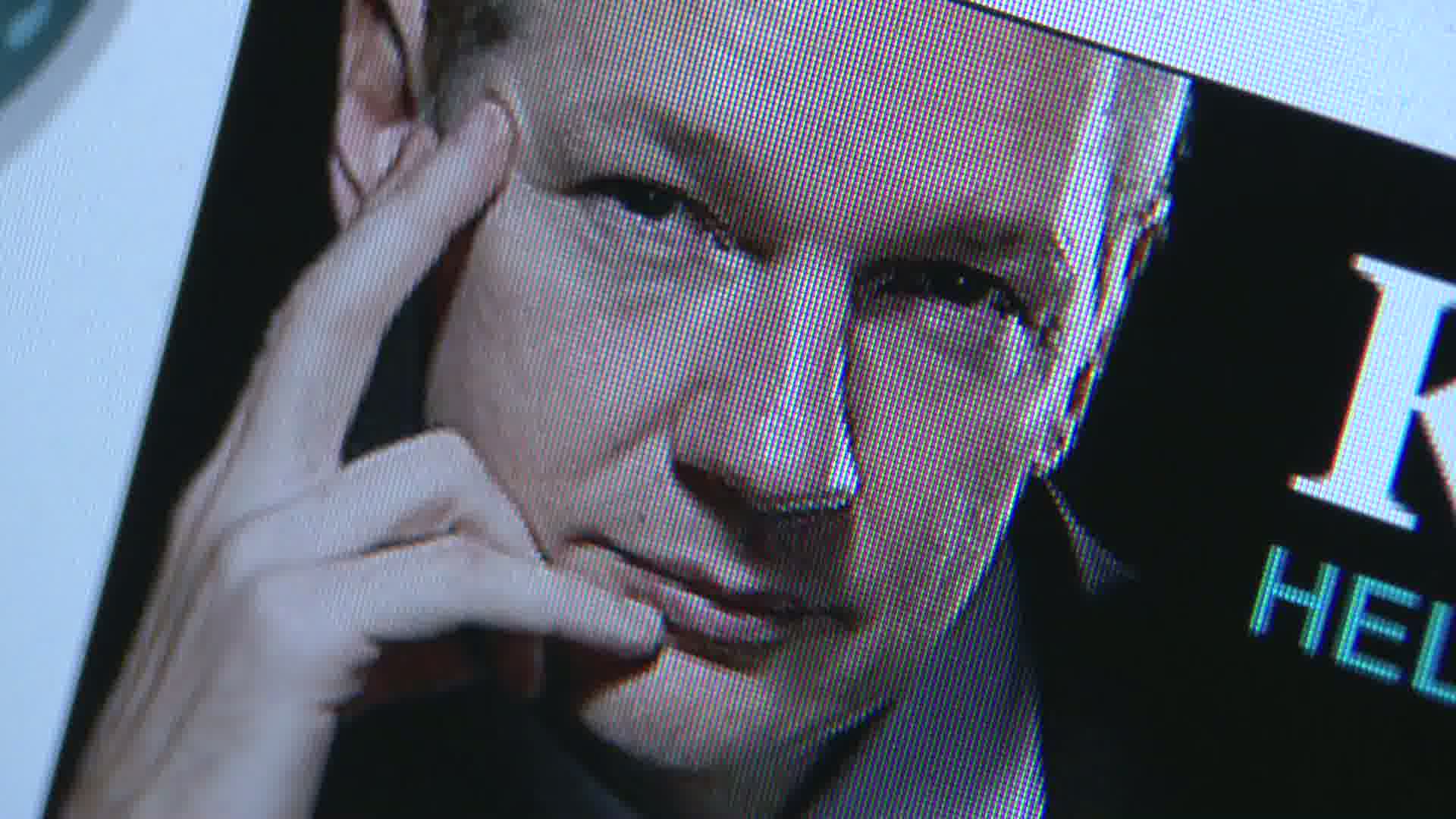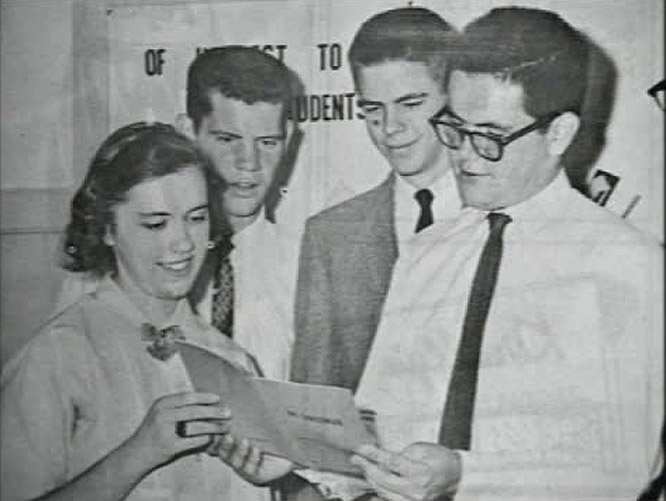Archive
Related Stories
What Happened At Bradley Manning's Hearing This Week?
Bradley Manning's Article 32 hearing -- essentially a pre-trial that determines the need for a court-martial -- was an odd, stop-start affair, punctuated by frequent, long recesses and disputes over evidence and witnesses.
December 22, 2011
Live Chat 12 p.m. ET: Newt's March to the White House?
Read a transcript of our live chat on "The Long March of Newt Gingrich" with correspondent Peter Boyer and producer Stephen Talbot.
December 22, 2011
The Long March of Newt Gingrich: Part Six
In a remarkable political moment during the 1994 midterm elections, scores of Republican candidates bound themselves to Newt and his ideas, signing a Contract With America that promised congressional reform, welfare reform and a balanced budget.
December 21, 2011
The Long March of Newt Gingrich: Part Five
In 1986, Newt became the chair of GOPAC, the Republican political action committee, and he turned it into a potent instrument for his conservative vision.
December 21, 2011
Gone Without a Case: Suspicious Elder Deaths Rarely Investigated
When seniors die under suspicious circumstances, ProPublica and FRONTLINE have found, there's no guarantee anyone will investigate. Cases of neglect, abuse and even murder continue to elude authorities.
December 21, 2011
The Long March of Newt Gingrich: Part Four
Newt arrived in Congress with two dreams: become speaker of the House and build a Republican majority.
December 20, 2011
The Long March of Newt Gingrich: Part Three
By the mid-1960s, Newt was living with his wife and two little girls in New Orleans, working on a PhD in history at Tulane.
December 20, 2011
New Evidence of Assange-Manning Link
In an interview last April with FRONTLINE correspondent Martin Smith, Julian Assange flatly denied that he'd ever had any contact with Bradley Manning...
December 19, 2011
As Drone Use Surges, Pilots Report High Stress Levels
Nearly half of the military’s drone operators report high stress levels, according to a new Air Force survey, the first one to assess the psychological state of the people who operate one of the signature weapons of the campaign in Afghanistan and elsewhere.
December 19, 2011
The Long March of Newt Gingrich: Part Two
The Gingrich family moved to Columbus, Ga., after Newt's stepfather Bob was stationed at Fort Benning in 1960.
December 19, 2011
The Long March of Newt Gingrich: Part One
In January 1996, as the country headed into a presidential election year, FRONTLINE aired "The Long March of Newt Gingrich," an investigative biography of the outspoken and controversial Speaker of the House.
December 19, 2011



